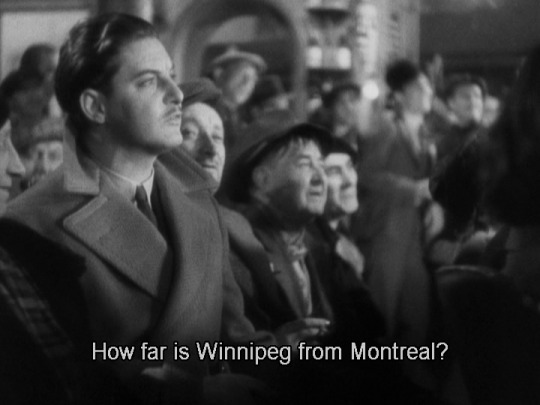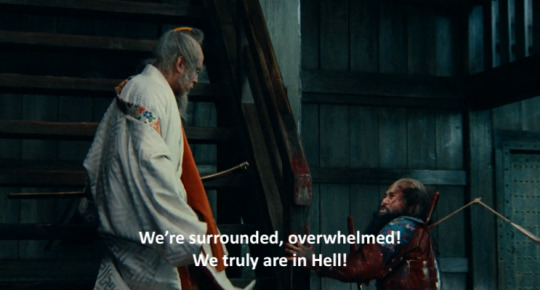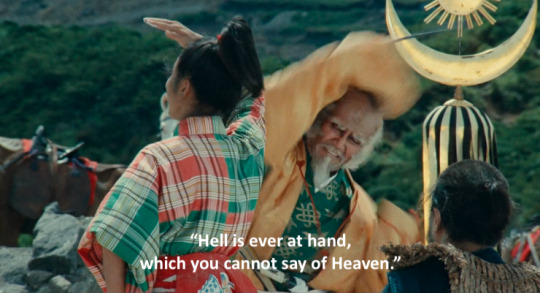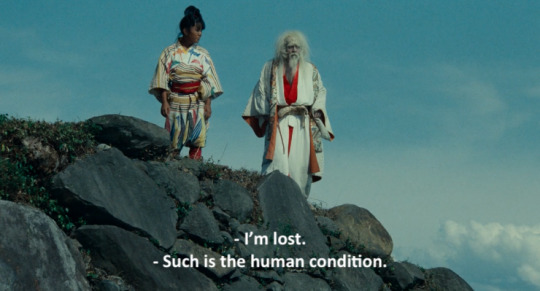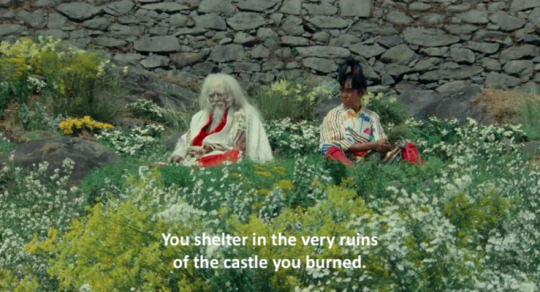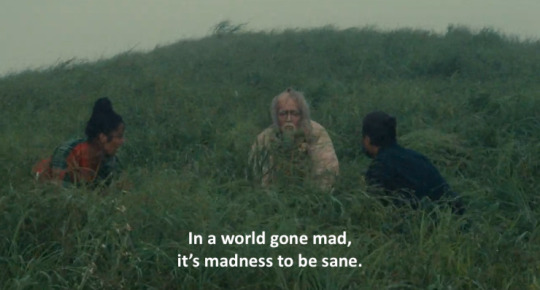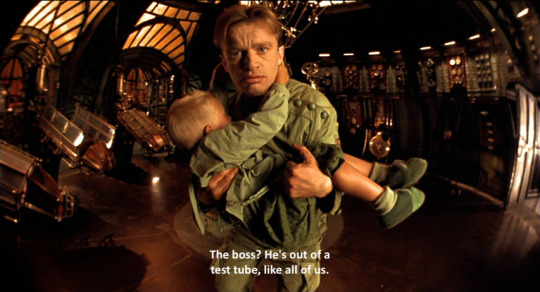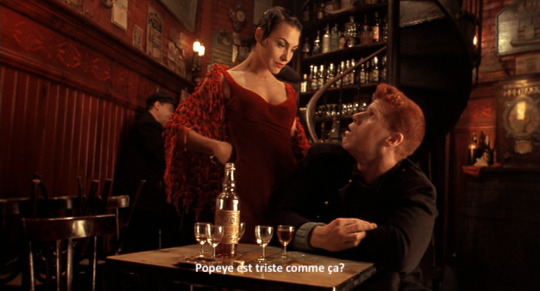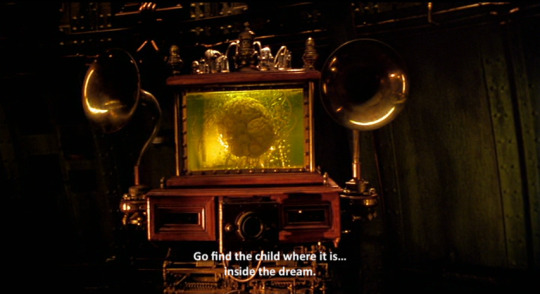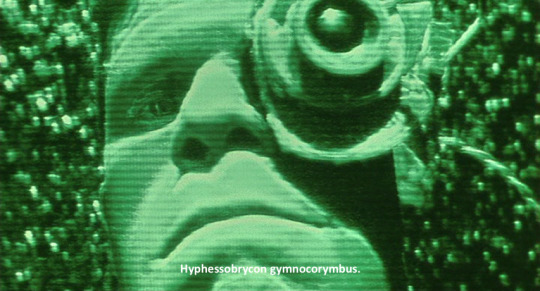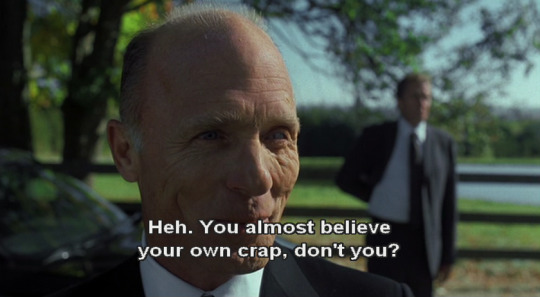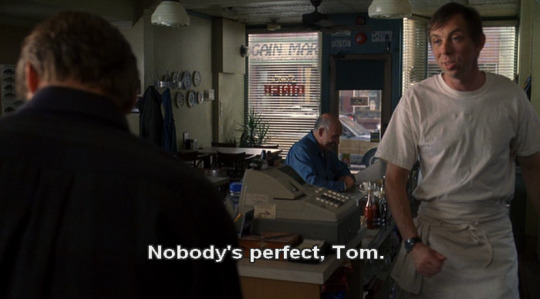A second repository of fragmented thoughts, notions, & obsessions, springing from the first such lapidarium. In a word, further parts of a nonexistent whole.
Don't wanna be here? Send us removal request.
Text

Consider Cornell’s untitled (The Hotel Eden).
0 notes
Text

"Music for me has a symbolism around the weekend. Dad and I were twitchers, I had my Young Ornithologists Club enamel badge, and we would get up super early, go out, cut samphire on the mudflats of Canvey Island, and go home. Dad would play Elgar really loud and cook samphire and offal. On a Sunday he’d go into a more Bach and Strauss; classical would transgress into Tony Bennett, Ella Fitzgerald, Sarah Vaughan, a bit of 'Fwank', then Sunday night telly. It was a routine. That’s where I got the idea that music was there to set the mood for everything you were doing, you can dictate the atmosphere by the music you’re playing… as a six-year-old listening to Elgar on Canvey Island." – Douglas J. McCarthy (1966–2025)
0 notes
Text

Consider Pellan's Sur le plage.
0 notes
Text

Consider Parrish's Twilight.
1 note
·
View note
Text

Consider Campbell Taylor's Restaurant Car.
0 notes
Text

Consider Cassandre’s Normandie.
« J'espérais trouver [dans l'industrie] cette vie que je ne pouvais plus rencontrer dans les cimetières des marchands de tableaux. » – Cassandre, Notes (1935)
2 notes
·
View notes
Text

Consider Magritte’s La Condition humaine.
0 notes
Text

Consider Bellmer’s La Poupée.
“… we were probably rather adorable, more like little girls than the formidable boys we would have preferred to be. Yet, it seemed to be more fitting than anything else to lure the brute out of his place in order to confuse him.” – Hans Bellmer, Die Vater (1936)
1 note
·
View note
Text

Consider Murphy’s Watch.
2 notes
·
View notes
Text

Consider Klee's Horizont, Gipfelpunkt und Atmosphäre.
„Kunst gibt nicht das Sichtbare wieder, sondern macht sichtbar… Kunst verhält sich zur Schöpfung gleichnisartig. Sie ist jeweils ein Beispiel, ähnlich wie das Irdische ein kosmisches Beispiel ist.“ (Klee, Schöpferische Konfession, 1920)
0 notes
Text







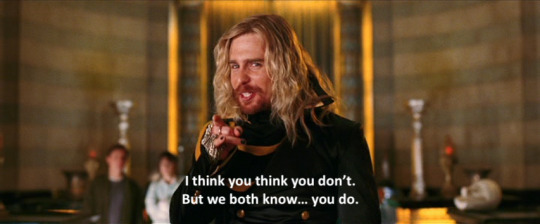





2 notes
·
View notes








